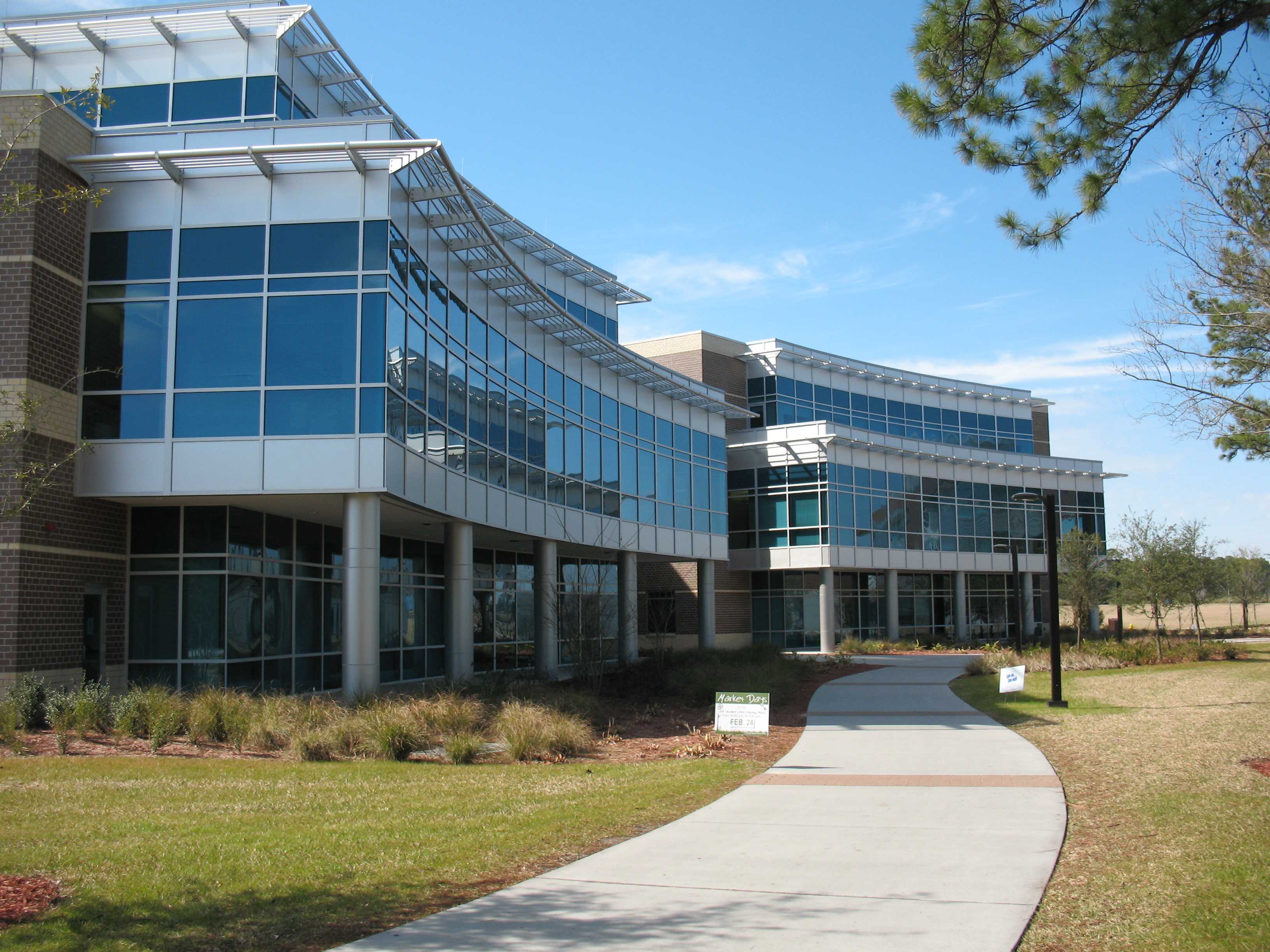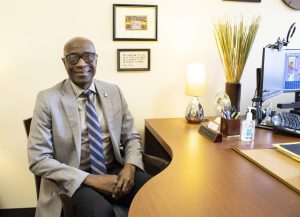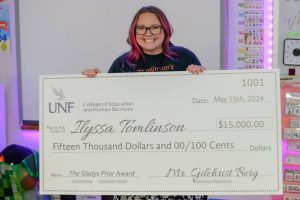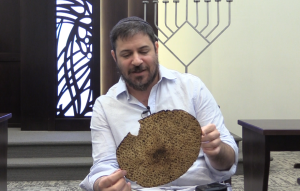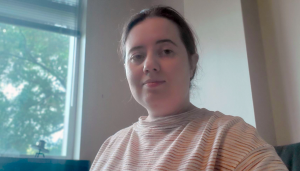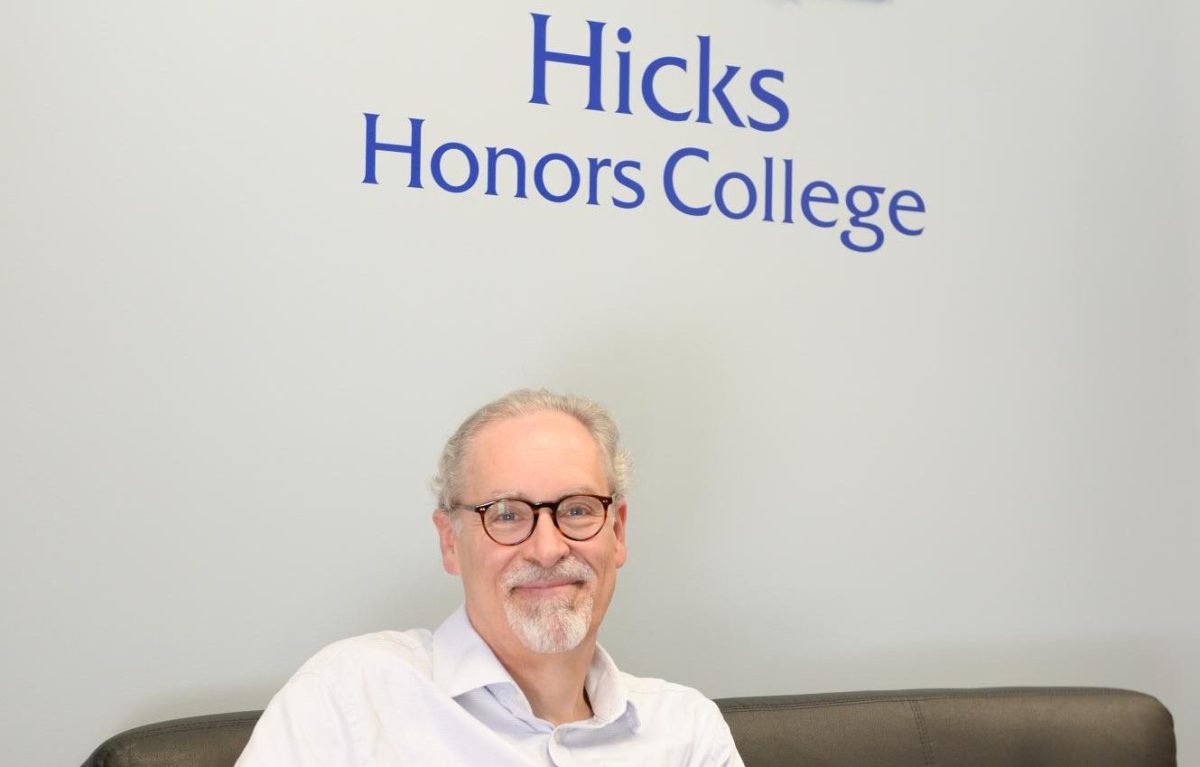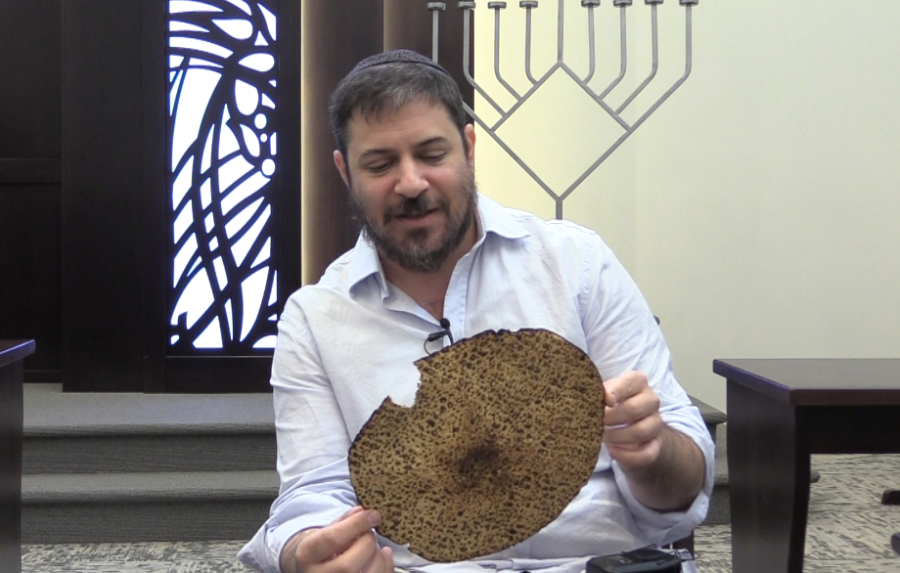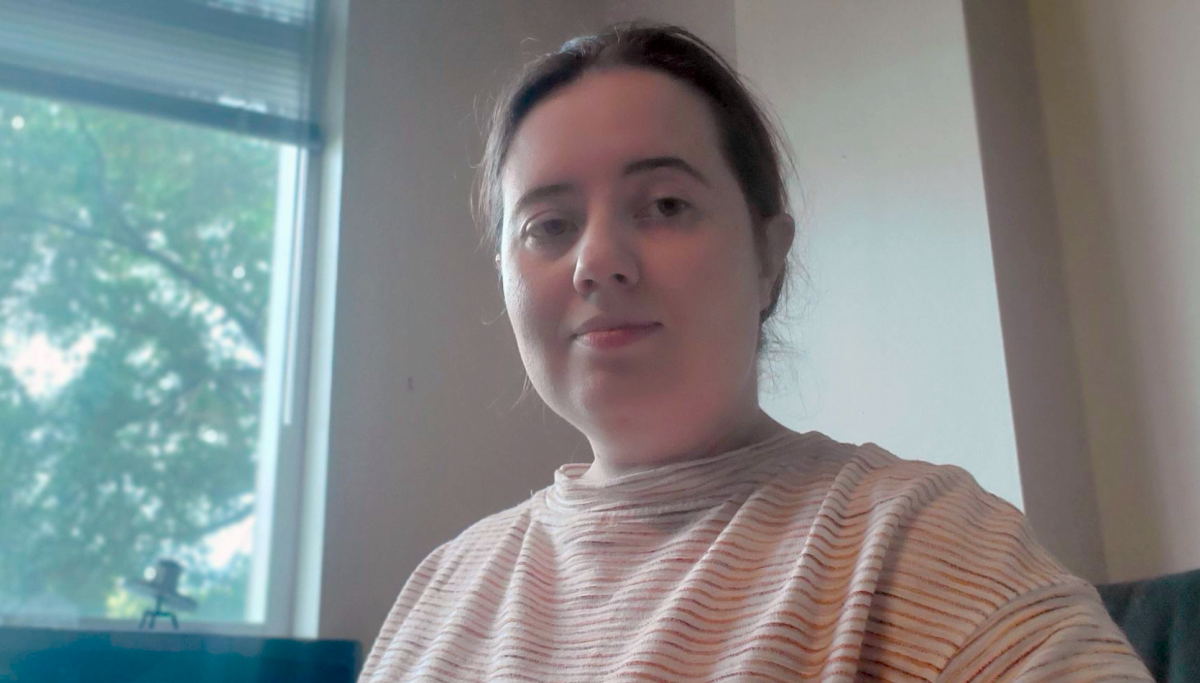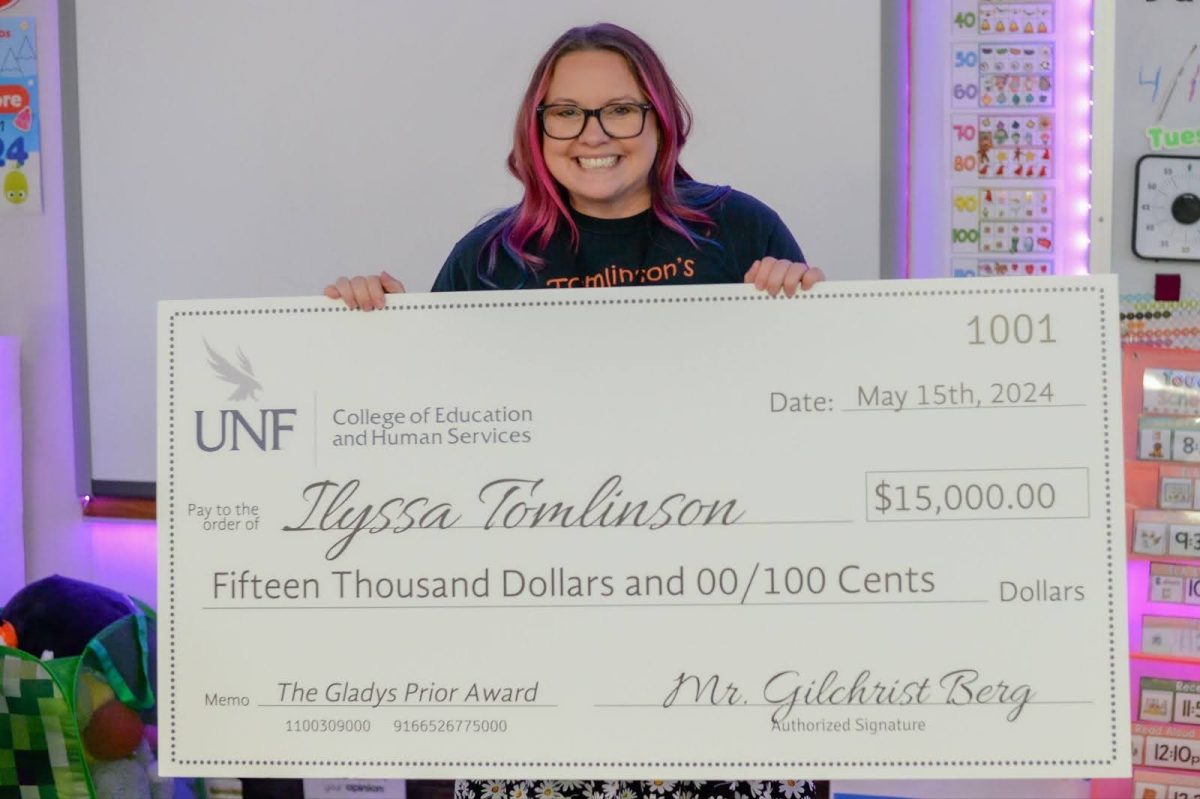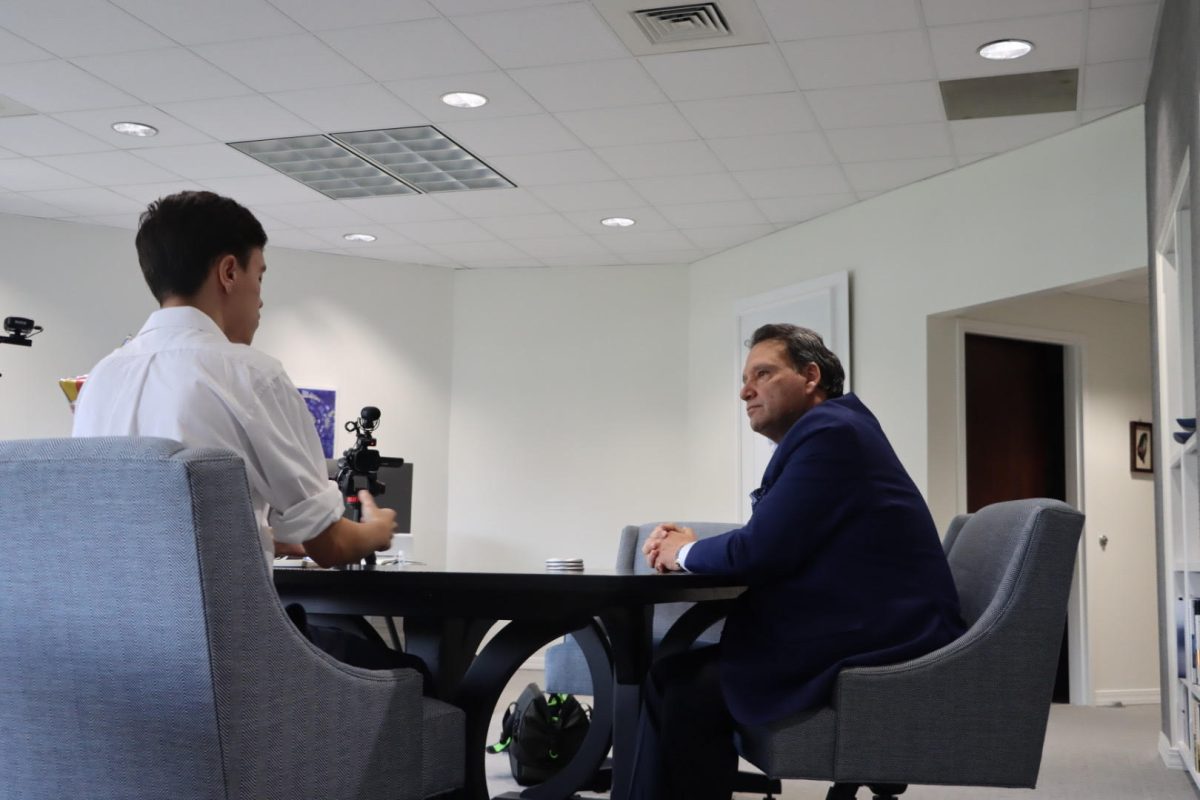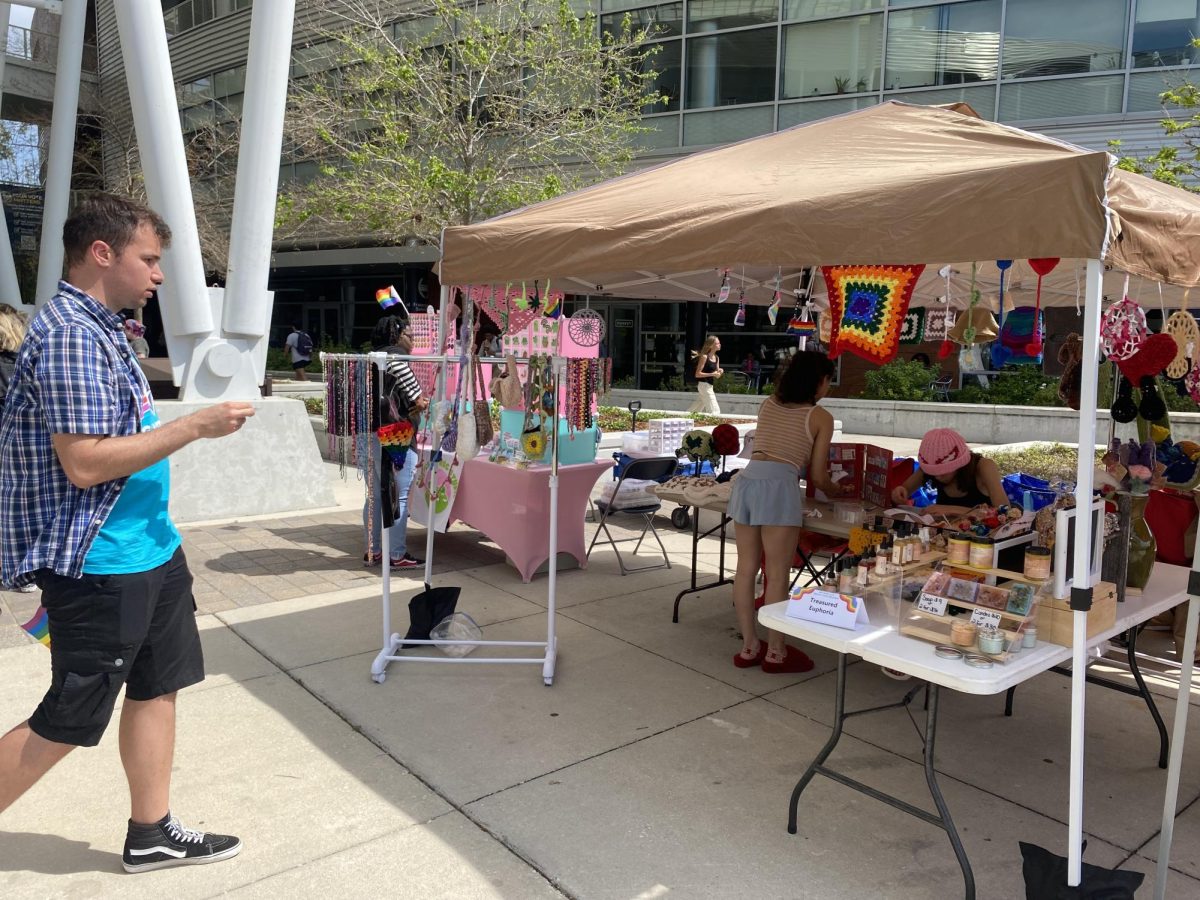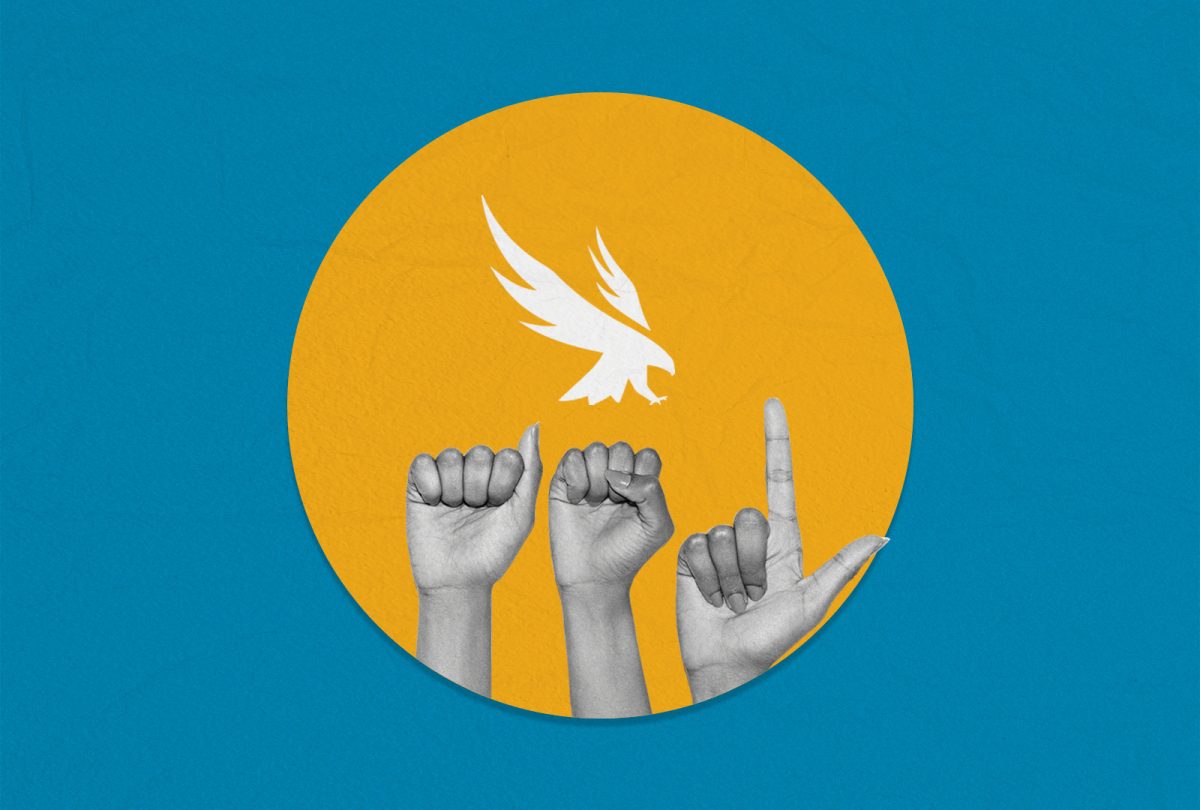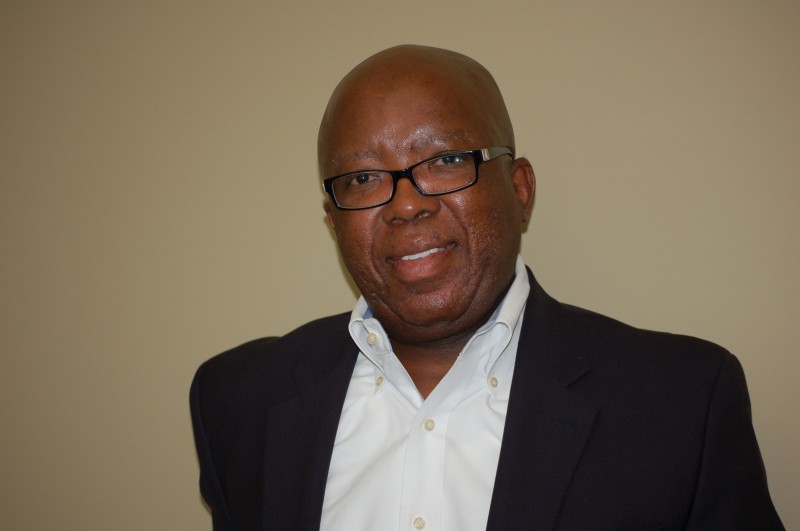
Oupa Seane remembers first becoming aware of apartheid when he was about 3 years old.
Seane had ventured into Johannesburg, South Africa, from his hometown in Soweto, a township about 30 miles south of the city. Soweto was one of the biggest black ghettos in the world, and Seane said even at that young age, he could see that Johannesburg was much nicer and cleaner than where he lived. He remembered feeling the injustice of the system he had been born into — he couldn’t play on the swings and could only go certain places just because of his skin color.
Now the director of UNF’s Intercultural Center for PEACE, Seane’s experiences growing up in South Africa and struggling against apartheid have shaped who he is and how he views his life and the world around him.
Born into apartheid
Seane was born in 1960, “right smack in the middle of apartheid.” Apartheid was a system of racial segregation enforced by law in South Africa. Under apartheid, the government segregated all aspects of life, providing inferior services to black South Africans while the white Afrikaner minority maintained control of the government.
For Seane and many black South Africans, the struggle against apartheid started young — Seane said most people his age started getting political around age 10. He attended political rallies with his peers and became a community organizer, distributing pamphlets, educating other students and organizing peaceful marches.
“A minor thing”
During one such peaceful march, Seane and 10 others were arrested. They had been encouraging people to boycott stores and facilities belonging to the government and instead do business with other blacks — an idea the government found threatening. The Internal Security Act in South Africa allowed for indefinite detention without trial for those whom officials wanted to interrogate or thought likely to commit an offense.
Like most of the people jailed under this act, Seane was never convicted of any offense. He spent a year in jail, but he is adamant that this is not a big deal.
“This actually is nothing to say you were jailed for a year,” he said. “It’s very minute, I mean, compared to the fact that Nelson Mandela [the first black South African president] spent 27 years in prison for his political beliefs.”
He said people he grew up with were murdered or jailed longer. After apartheid ended, gruesome stories emerged about atrocities committed.
“So being in jail for a year, compared to all these other things — that was a minor thing,” Seane said.
The struggle from afar
After groups such as Amnesty International successfully lobbied to get Seane and his friends out of jail, they were not allowed to continue with his education in South Africa. Seane lived for brief periods in Lesotho, Botswana, London and New York, and eventually came to the American South as a representative of the anti-apartheid movement to ask American companies not to do business with the South African government.
During that time, Seane said, the American government was indifferent to the South African struggle, but the American people, especially young people, were supportive.
“Every time when we had a march, they would come in droves to come and support the march and be in solidarity with us,” Seane said.
While he was involved with the struggle, Seane decided to continue with his education and enrolled at UNF. He graduated with his Masters in Public Administration in 1994 and started working at the school right after.
Betty Flincham was the director of international programs at UNF at the time and hired Seane to work in the international center. She said Seane has a personality that allows him to be instantly welcoming to all students. Flincham said she admires the way Seane was able to emerge from difficult circumstances and become a positive force for helping others.
Seane has been able to visit South Africa several times since coming to the U.S., though the first time he went back, he was arrested in the airport and questioned about his activity in the U.S. After that, he did not return until after apartheid had ended.
That time, it was to have lunch with Nelson Mandela.
An awe-inspiring presence
Nelson Mandela is perhaps the best known figure of the anti-apartheid movement. In 1962 he was convicted of conspiracy to overthrow the government and was sentenced to a life in prison. He was released in 1990 and, soon after, became the first black South African president, helping guide the country through racial reconciliation and dismantling the legacy of apartheid.
Seane had met Mandela before at events in the U.S., but always in big groups. Seane’s childhood friend, whose father was Mandela’s physician, organized for Seane to have an intimate lunch with his father and Mandela at Mandela’s home.
Seane was invited a week before the lunch, and when he told the then UNF president, Anne Hopkins, about the invitation, she paid for his ticket and sent him with a letter asking Mandela to come visit UNF.
“He said yes,” Seane said, “but, as you can see, his health is not good.”
Seane said he will never forget that day.
“Just being in the presence of President Mandela was like being in the presence of God,” he said. “I was hanging onto every word that he was saying. I was just awestruck.”
Mandela was remarkably humble, Seane said, preferring to talk about little children rather than himself.
“I was just touched, I was just so moved,” Seane said. “I was moved by his concept of life. I was moved by his kindness. I was moved by his caring. I was moved by his humility. I was moved by his sense of magnanimity, spirit of generosity. And I was moved, above all, by his love for children.”
Extra kind
Seane said his experiences fighting apartheid have taught him to be considerate, kind and caring, and to love people as himself.
“I’ve seen how evil people can be to other people, how cruel, how barbaric, and I’ve told myself that I will never ever be like that to other humans,” he said.
His experiences have also given him an appreciation for diversity, something he gets to educate students about every day as director of the Intercultural Center for PEACE.
“What we do here, for me it’s not work, it’s lifestyle,” he said. “I pity people who do not have an appreciation for diversity, because I think diversity is so important.”
Dr. Mauricio Gonzalez, UNF’s vice president for student and international affairs, said Seane’s passion for students allows him to work well with students from all backgrounds.
“Because of his experience, he brings a level of understanding of what oppression does to people and how we as citizens are responsible for bettering the situations of these individuals,” Gonzalez said.
Seane said he has seen UNF evolve in the time he has been here. When he first came, he said, there were very few minorities, but he has seen UNF and Jacksonville change.
Seane is currently working on getting his doctorate from UNF in educational leadership. His dissertation is on the leadership style of Archbishop Desmond Tutu, a South African anti-apartheid activist and nobel peace prize winner who Seane knew from a young age and helped bring to UNF as a visiting professor in 2003.
After he finishes his doctorate, Seane’s goal is to return to South Africa to live in Cape Town.
“Maybe UNF can have a campus in Cape Town and I can run the campus — I would like that,” he said.
The U.S. is an amazing country, he said, but “home will always come first.”
However, he acknowledges that returning to South Africa would be difficult after living for so long in the U.S. He was displaced by apartheid, he said, so he has ended up not belonging to South Africa or to the U.S.
“I’m now a person in marginality,” he said. “When I’m in America, people say ‘My god, you have such a strong South African accent. Everything that you’re doing is so African.’ And then I go to South Africa and when I get there they say ‘Oh my god, you have such a strong American accent. Everything you’re doing is so American.’ I wish I could have been just South African.”
After recounting his experiences, Seane still rejects the idea that he is newsworthy, saying rather that he has been lucky to have opportunities to be around people who are considered some of the world’s best thinkers, such as Mandela and Tutu.
“If you are saying I’m a remarkable person, the only thing I’d say is I’ve been fortunate,” he said.


